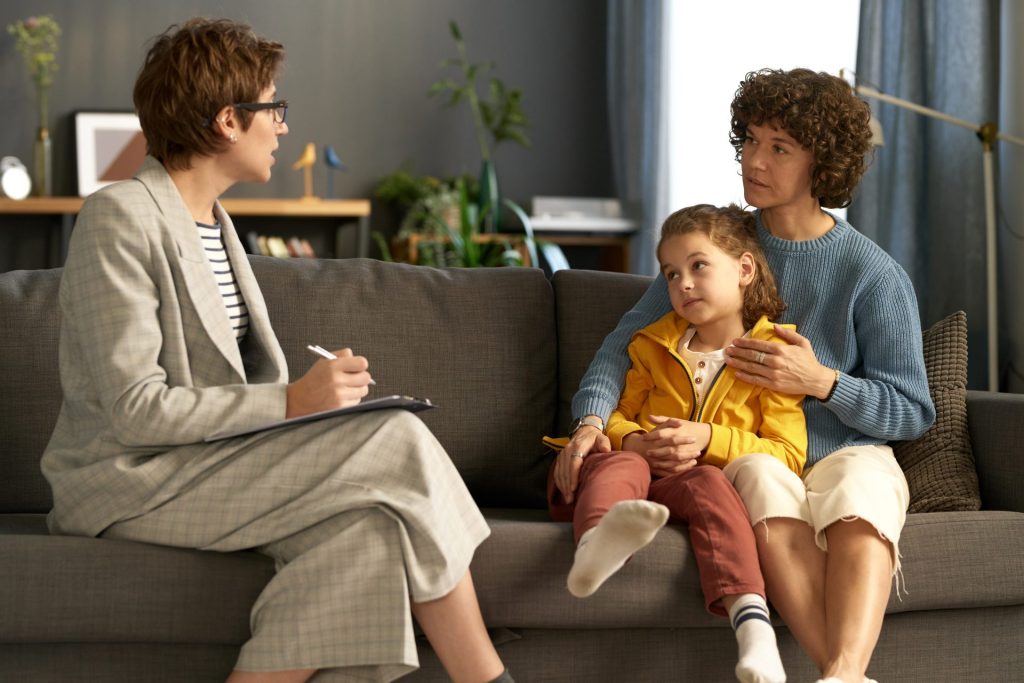8 Factors That Impact Child Custody Decisions in Indiana
The Indiana family law courts consider a variety of factors in child custody. That includes legal considerations, such as whether paternity has been established. It also includes what is in the best interest of the child and what various laws and policies, such as the Indiana Parenting Time Guidelines, have to say about custody situations.
When considering what might be in the best interests of a child or children in each case, the courts consider all of the factors below.
1. What the Parents Want
In many cases, parents who are going through the process of divorce collaborate to create an agreement about child custody and care. When parents are able to come to an agreement in a civil manner and that agreement seems to work well and is in the best interests of the child, the courts tend to uphold those decisions.
Even in cases that don’t include a pre-existing agreement between parents, the courts will consider parental preferences—especially if the parents present a united front. If they don’t agree, each side can present information supporting their preferences for the court to consider.
2. What the Child Wants
Family law courts may also consider the child’s preferences. This is more common with older children, who may be more likely to provide a rational reason for their preferences.
For example, if an older preteen or a teenager has a preference to stay with one parent over the other, that can be a factor in the court’s decision. That’s especially true if the child makes a case for why the preference supports their own mental or physical health, academic performance, or healthy social life. Courts are less likely to give a child’s preferences weight if they seem to stem from a desire to hurt one parent or illogical thought processes.
3. How Old the Child Is
The age of the child can impact a court’s decision in custody matters. For example, it’s typically in the best interests of an infant who is still nursing to remain with their mother. Courts may also consider the gender of the child or children in question.
4. Existing Family Relationships and Dynamics
Family law courts take a big-picture look at the existing relationships within a family and home. Obviously, how the child relates to and interacts with each of the parents is important. Courts are unlikely to give sole or physical custody to a parent who has been mostly absent if the other parent is caring, loving, capable, and has been there for the child up to this point, for instance.
Courts also consider other relationships, such as interactions with siblings and step-siblings and anyone else who might impact the child in a positive or negative manner. For example, if the child has grown up in a home with a grandparent who lived with the family and acted as a secondary caregiver and support system, that may be something the court considers.
5. Health Concerns
The mental and physical health of everyone involved in a child custody case is something courts consider. If the child has a health condition, for example, the court may consider how the parents are able to provide care that meets the needs of that condition. They also consider the health of the parents and how it might impact their ability to care for the child.
Even the health of others in the home, such as siblings or grandparents, may be considered. For instance, if one of the child’s parents is also the full-time caregiver for their adult parent, that might impact the nature of a custody decision if the court feels the caregiving reduces the parent’s ability to support their child.
6. Home, School, and Community Adjustment
Family law courts may also consider factors outside of the home and family when making a custody decision. They might look at how the child has adjusted to school and the overall community and how a custody decision could support that adjustment or upset it.
For example, if a child has attended the same school for years, is on sports teams, and has strong friendships in the neighborhood, these factors may support a custody decision that would allow the child to maintain all of these communities.
7. Potential Abuse
Because Indiana family law courts always strive to make custody determinations that are in the best interests of the child, they do consider whether abuse, neglect, or violence are present. If there is any evidence that these things are part of a child’s relationship with either parent, it will impact the custody order from the court.
8. The Existence of a De Facto Caregiver
Finally, courts consider whether a de facto caregiver is present in the situation. This might cause the court to consider further factors in determining what type of custody order is best for the child.
For example, consider a situation where two parents are fighting over custody. However, for the past two years, the primary caregiver for the child has been a grandparent. This is the person who meets the child at the bus every day after school, ensures they are fed dinner, and puts them to bed. It might be a situation where both parents work long hours and the grandparent has stepped in to help. In this situation, the court might look for a custody arrangement that allows the child to maintain a relationship with this de facto caregiver.
If you are dealing with a child custody case and need professional help, contact the Deidra Haynes Law Office at 317-785-1832.












